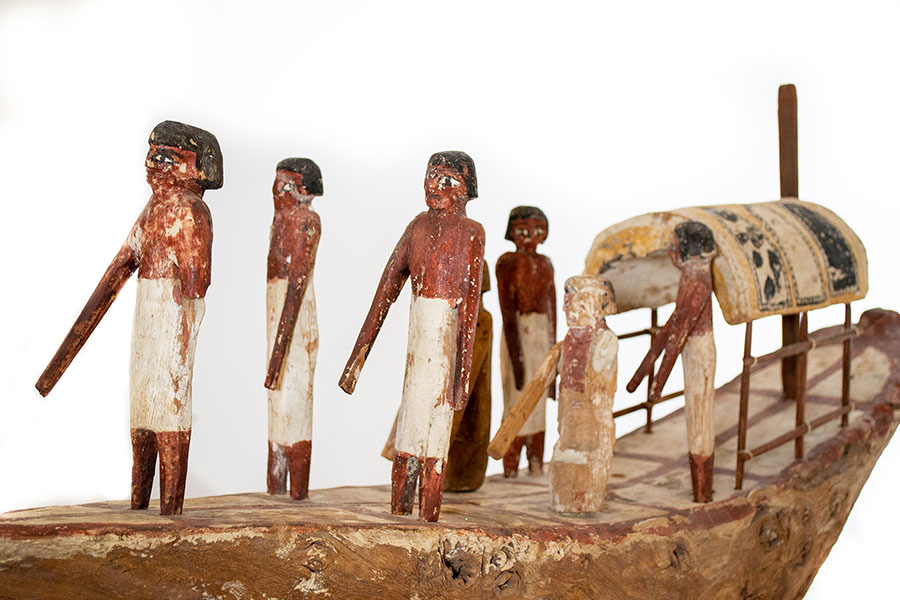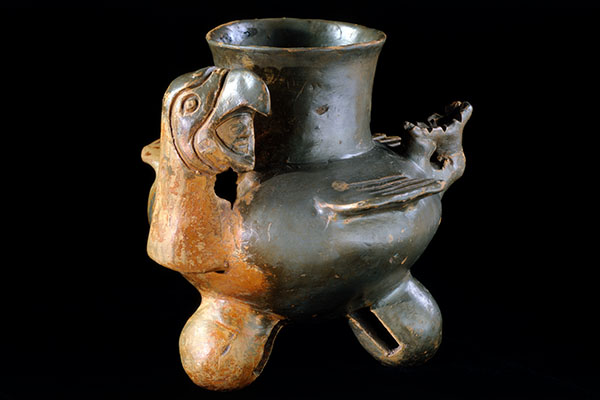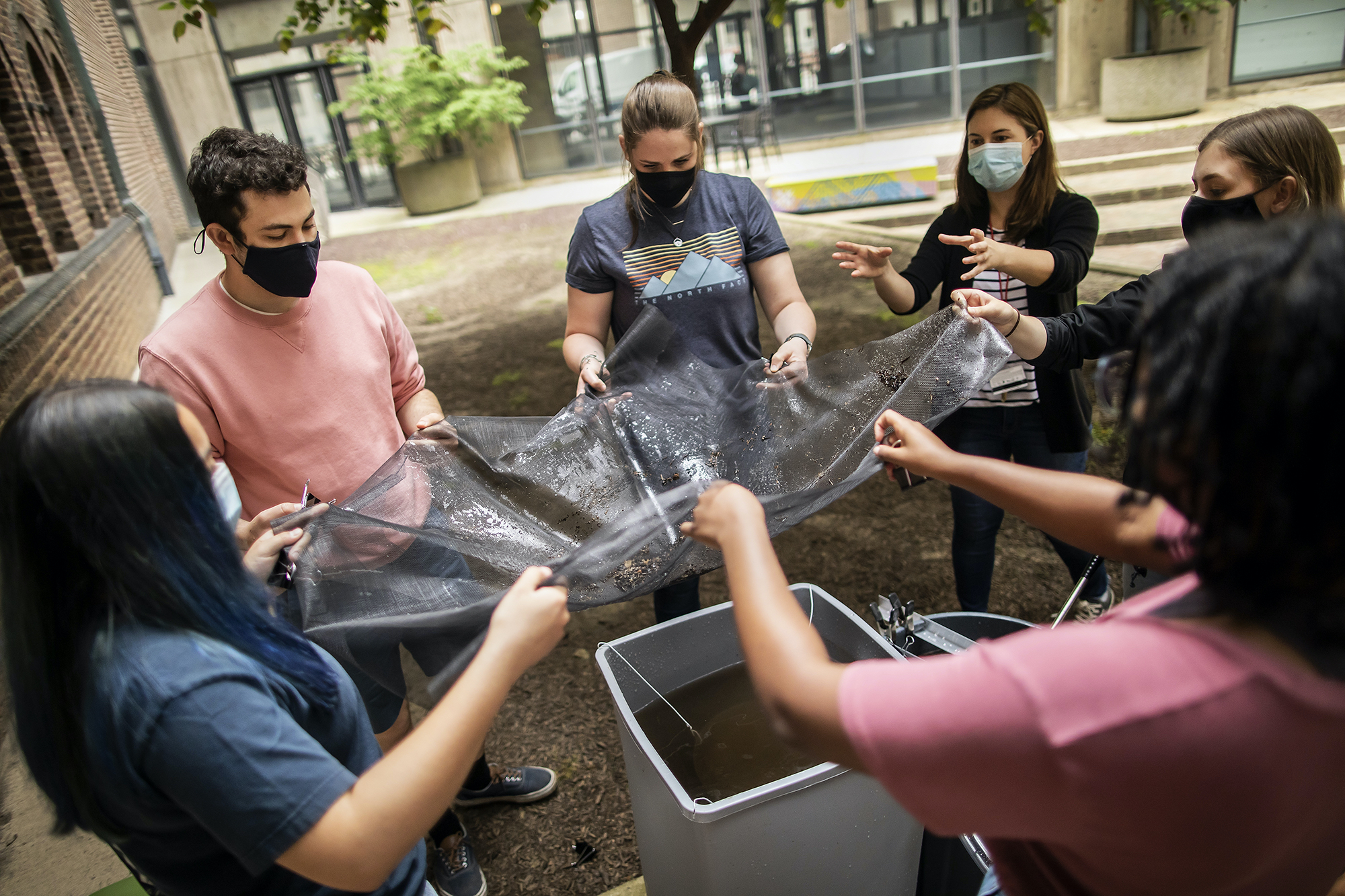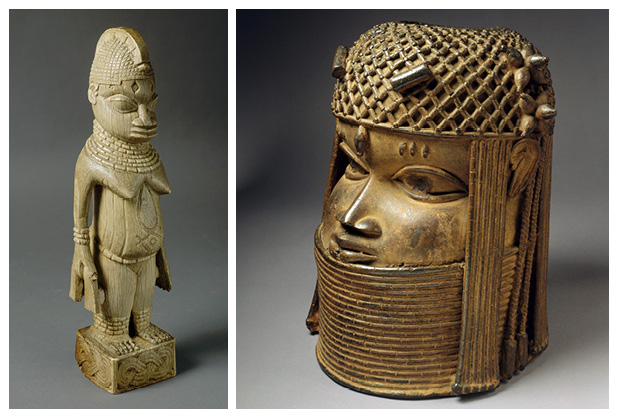Mediterranean Marketplaces: Connecting the Ancient World Exhibition
Harvard Museum of the Ancient Near East 6 Divinity Avenue, Cambridge, MA, United StatesMuch like today, ancient “consumers” were connected to distant markets. Both basic and precious goods from faraway lands “shipped” to royal palaces, elite estates—sometimes even rural households—and technological advances in craftsmanship and commerce transcended boundaries of language, religion, or culture to spread rapidly. Mediterranean Marketplaces explores how the movement of goods, peoples, and ideas around […]





![Hohlfelder-Feb2022-Slide[2]](https://www.archaeological.org/wp-content/uploads/2021/12/Hohlfelder-Feb2022-Slide2.jpg)